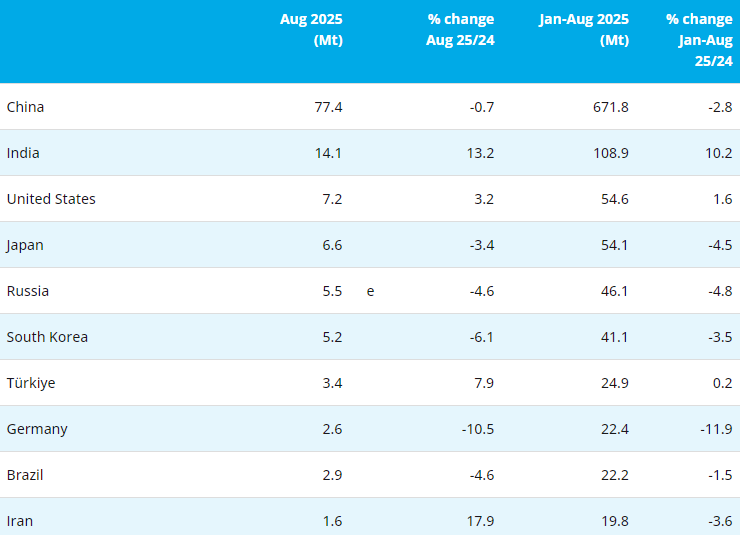【Ferro-alloys.com】:
Invinity Energy Systems (Invinity) has received a £700,000 boost from BEIS to conduct a feasibility study into the development of potentially the UK’s largest solar energy storage project.
The group specialises in energy storage systems and champions vanadium flow batteries (VFB), which can run continually with no degradation for over 25 years.
This makes them especially appealing during the global shift to renewables with increasing demand for large-scale energy storage.
Alongside its recent government backing, Invinity last month switched on Scottish Water’s first energy storage project.
Chief executive Larry Zulch (LZ) and chief commercial officer Matt Harper (MH) spoke with City A.M. about the appeal of vanadium batteries, and the challenges and opportunities within the current energy industry.
Q: What makes VFBs special and how can they help the UK meet its energy needs?
LZ: The need for electricity doesn’t stop when the wind stops blowing or the sun isn’t shining. The UK needs to fill in these ‘missing hours’ and VFBs can make it happen. Bridging renewable production gaps with carbon-producing gas-consuming energy plants, much less coal, can’t be considered progress to net zero. Rebuilding our entire electric transmission and distribution network is simply not feasible.
Instead, very large batteries are required. But not just any batteries. They have to be safe and not prone to catching fire. They have to last, even when used heavily. They must be made from sustainable non-conflict resources and be easily recyclable after retirement. They must be economical when viewed over the lifetime of a project. And most importantly, they must be proven in the field, not just in a laboratory. This is what makes VFBs so well suited for the UK’s need for utility-grade, energy storage infrastructure.
Q: What are the main opportunities for your sector and your services?
MH: As the energy transition progresses, we are seeing market needs evolving. The market now increasingly values technologies that can deliver not just 30 minutes or an hour of energy to support the grid, but two, three, or four hours – every single day, 365 days a year. This has really opened up the market, traditionally dominated by lithium-ion batteries, to a host of new technologies such as flow batteries.
A recent report from Aurora Energy Research suggests up to 24 gigawatts of longer duration energy storage, such as flow batteries is going to be needed in the UK to reach net zero targets, that’s around eight times the current installed capacity. The scale of the challenge is enormous, but it also represents a fantastic opportunity for manufacturers of non-lithium-ion alternatives.
Q: What are the key headwinds facing your industry and how will you look to deal with them?
LZ: The primary headwinds the grid-connected stationary energy storage industry faces are threefold.
First is the ability to provide high-throughput energy storage products that match the energy producing assets in lifetime, safety, economics, reliability, and proven performance. Lifetimes of 20 to 25 years, matching solar panels and wind turbines, should be the expectation for energy storage.
The second headwind: we must establish our industry’s ability to scale our offerings in size and duration to meet the vast and growing need for energy storage. What were large projects just a few years ago are now small.
The third headwind: we must overcome is to reduce the overheads and delays caused by all of the red-tape and overlapping regulatory requirements.
Q: Does current market disruption emphasise the importance of storage facilities?
LZ: Current market disruptions illustrate the need for more renewable energy, not less, as long as it is coupled with energy storage to make it available when it is needed. Recent events have introduced another variable: the need every nation has to be in control of its own energy destiny.
- [Editor:Alakay]



 Save
Save Print
Print Daily News
Daily News Research
Research Magazine
Magazine Company Database
Company Database Customized Database
Customized Database Conferences
Conferences Advertisement
Advertisement Trade
Trade

















Tell Us What You Think